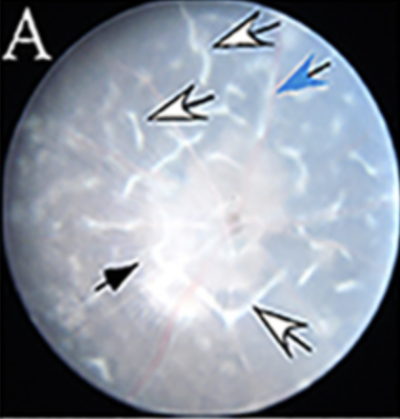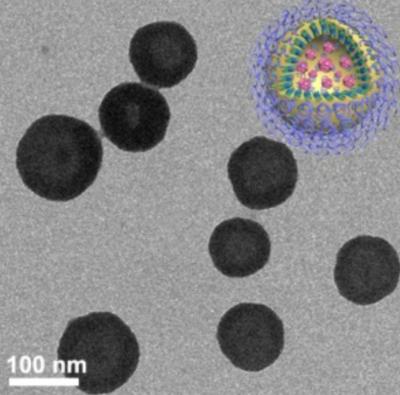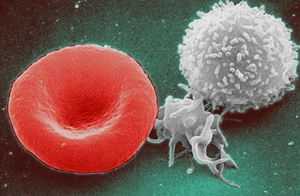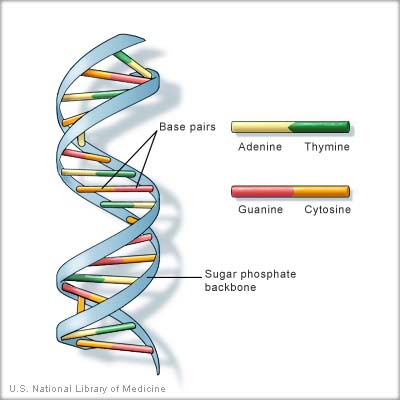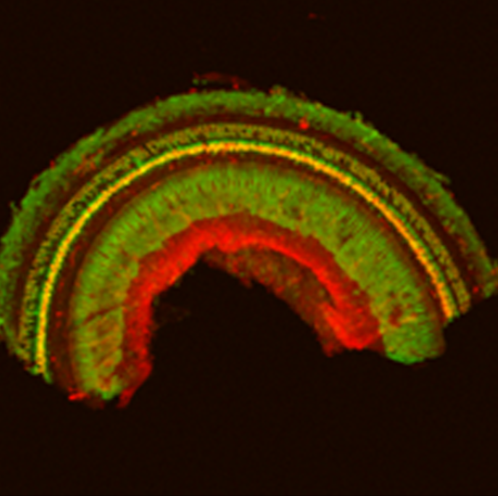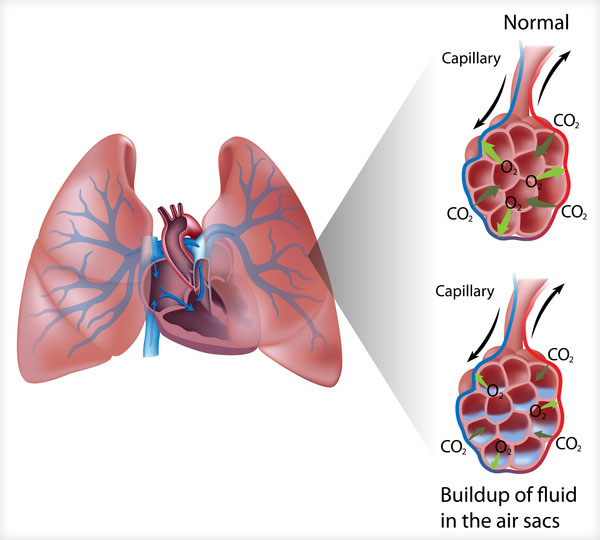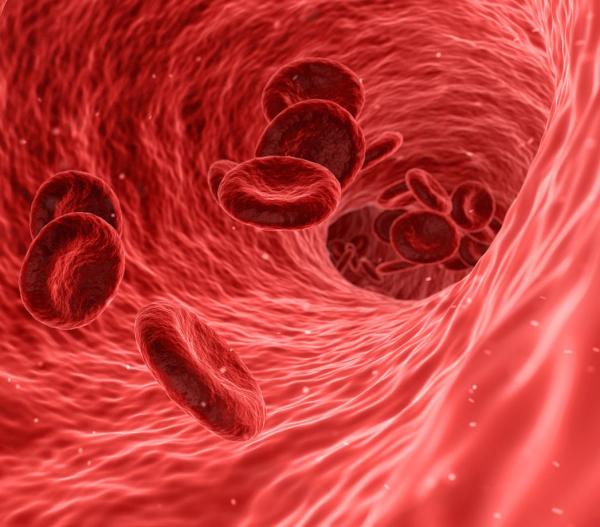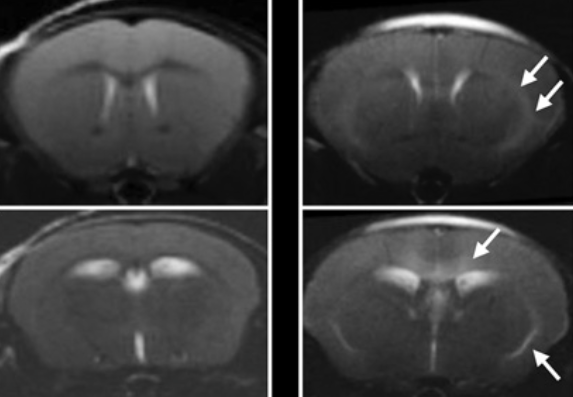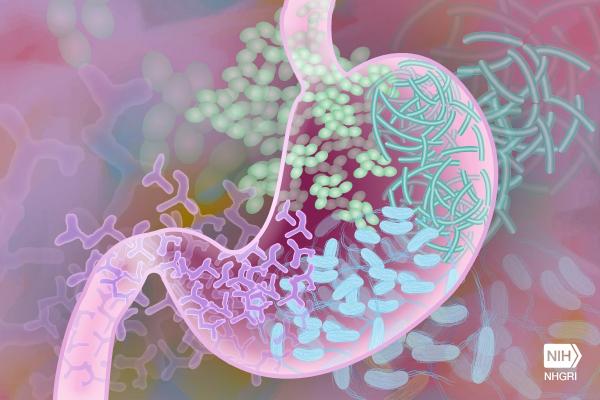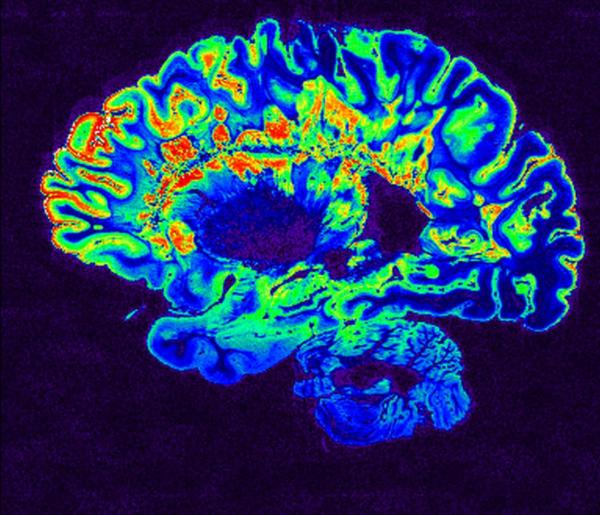Experimental Treatment Wards Off Blinding Autoimmune Disease
Drug Candidate Calms Overzealous Immune Response in the Eye
Our immune cells don’t like strangers and attack many organisms and substances that they have never seen before, including harmless ones. In autoimmune diseases, this reaction gets out of hand and our own cells are caught in the crossfire. IRP scientists have found that a new therapeutic compound can curb this sort of autoimmune carnage in the eye.

